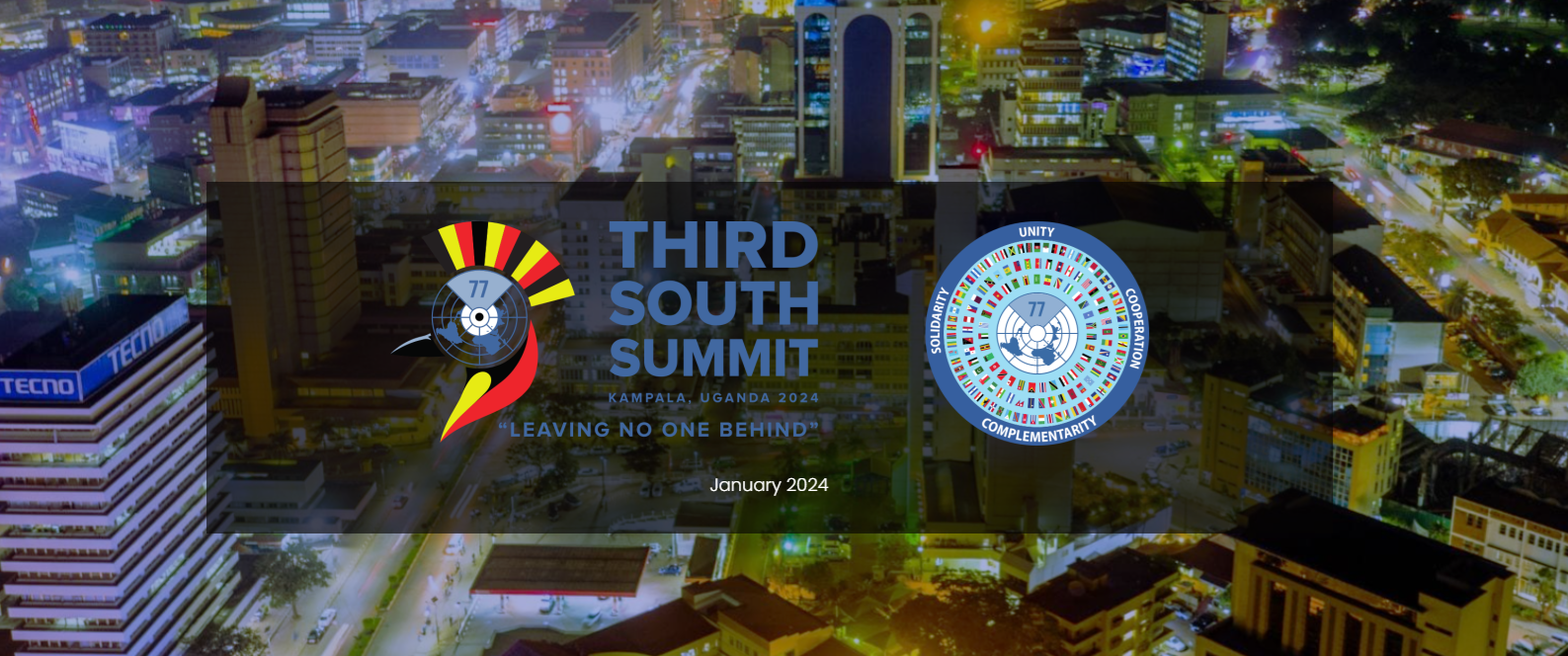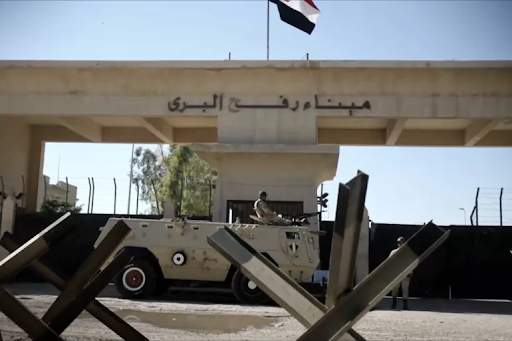
G77 + China: The largest intergovernmental coalition within the United Nations meets at turning point
The intergovernmental organization known as the G77 + China holds its summit this month in Africa. The summit is held during challenging time. UN secretary general was present to highlight some of these challenges including the war in Gaza and threat of spillover effect that could widen the conflict or increase its intensity.
The opening of the summit called the “South Summit” in Kampala, Uganda, was overshadowed by what Liu Kuo-chung called the continued influence of “the old international economic and political system, in undermining international peace and development,” amid a consensus among the participants on the importance of changing the global financial and economic system that emerged after World War II.
The summit is being held in Africa, which is witnessing increasing competition between the major powers to enter it, each according to its priorities. For China, the continent constitutes a cornerstone of its “Belt and Road” initiative, and the summit aims to enhance cooperation in the fields of economics and development among member states, develop and transfer technology, and bridge the gap. Science between North and South countries.
The Group of 77 (G77) is an international governmental alliance, the largest of its kind within the United Nations system. It was established in 1964 with the aim of defending the interests of developing countries, promoting the economy, and coordinating common issues affecting the countries of the South.
The group was established on June 15, 1964, at the end of the first session of the United Nations Trade and Development Program (UNCTAD) in Geneva, where the joint statement was announced and signed by 77 developing countries from around the world.
Between 10 and 25 October 1967, the group's first ministerial meeting was held in Algiers, during which the "Algiers Charter" was approved, which included the founding structure of the group.
Although the group has expanded and its members have increased to 134 countries, it still maintains its name due to the significance and symbolism of the event, and the strength and diversity of attendance it expresses at the founding conference.
The group includes two-thirds of the member states of the United Nations, representing 80% of the planet's population, and approximately 43% of the world's economy.
The group includes 134 countries from various developing countries, and the member countries are divided by continents; she:
Asia:
Afghanistan, Bahrain, Bangladesh, Bhutan, Brunei Darussalam, Cambodia, South Korea, India, Indonesia, Iran, Iraq, Jordan, Kuwait, Laos, Lebanon, Malaysia, Maldives, Mongolia, Myanmar, Nepal, Oman, Pakistan, Philippines, Qatar, Saudi Arabia, Singapore, Somalia, Sri Lanka, Palestine, Syria, Tajikistan, Thailand, East Timor, Turkmenistan, UAE, Vietnam, Yemen and Azerbaijan.
Africa:
Algeria, Angola, Benin, Botswana, Burkina Faso, Burundi, Cape Verde Islands, Cameroon, Central African Republic, Chad, Comoros, Congo, Democratic Republic of the Congo, Ivory Coast, Djibouti, Egypt, Eritrea, Eswatini, Ethiopia, Gabon, Gambia, Ghana, Guinea, Guinea Bissau, Kenya, Lesotho, Liberia, Libya, Madagascar, Malawi, Mali, Mauritania, Mauritius, Morocco, Mozambique, Namibia, Niger, Nigeria, etc. Kenya and Equatorial Guinea Rwanda, Sao Tome, Senegal, Seychelles, Sierra Leone, South Africa, Sudan, South Sudan, Togo, Tunisia, Uganda, Tanzania, Zambia and Zimbabwe.
North America:
Bahamas, Barbados, Antigua and Barbuda, Belize, Costa Rica, Cuba, Dominica, Dominican Republic, El Salvador, Grenada, Guatemala, Haiti, Honduras, Jamaica, Nicaragua, Panama, St. Kitts and Nevis, St. Lucia, St. Vincent, and Trinidad and Tobago.
South America:
Argentina, Bolivia, Brazil, Chile, Colombia, Ecuador, Guyana, Paraguay, Peru, Suriname, Uruguay and Venezuela.
Continent of Oceania:
Fiji, Kiribati, Tonga and Vanuatu.


















































